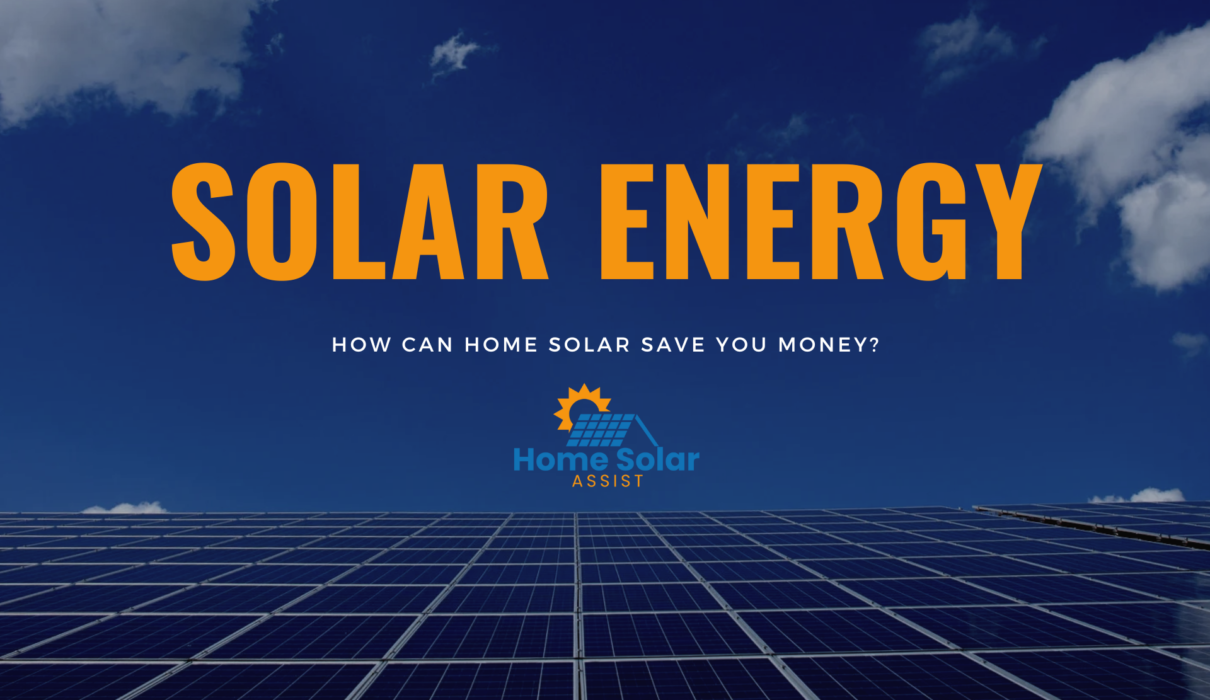Home solar systems have become increasingly popular as more homeowners seek sustainable and cost-effective energy solutions. Installing solar panels can significantly reduce your electricity bills, increase your home’s value, and provide long-term savings. This article explores how investing in home solar can save you money and offer financial benefits.
1. Lower Electricity Bills
One of the most immediate and noticeable benefits of home solar systems is the reduction in electricity bills. Solar panels generate electricity from sunlight, which means you can produce your own power and rely less on the grid. This can lead to substantial savings, especially during peak usage times when electricity rates are higher. Many homeowners experience a dramatic decrease in their monthly utility bills after installing solar panels.
2. Net Metering
Net metering is a policy that allows homeowners to sell excess solar energy back to the grid. When your solar panels produce more electricity than your home consumes, the surplus energy is sent to the utility company, and you receive credits on your electricity bill. During periods when your solar panels generate less electricity, such as at night or on cloudy days, you can use these credits to offset the cost of grid electricity, further reducing your overall energy expenses.
3. Tax Incentives and Rebates
Governments and local authorities offer various tax incentives and rebates to encourage the adoption of solar energy. The federal Investment Tax Credit (ITC) allows homeowners to deduct a significant percentage of the cost of installing a solar energy system from their federal taxes. Additionally, many states and municipalities offer their own incentives, such as cash rebates, property tax exemptions, and sales tax exemptions, which can significantly lower the upfront cost of a solar system.
4. Increased Home Value
Homes equipped with solar panels often have higher property values and sell faster than those without. Solar panels are considered an attractive feature by many homebuyers who value energy efficiency and long-term savings. Studies have shown that homes with solar energy systems can sell for a premium compared to similar homes without solar.
5. Protection Against Rising Energy Costs
Electricity prices have historically trended upward, and this trend is expected to continue. By generating your own electricity, you can shield yourself from these rising costs. Home solar systems provide a hedge against inflation and energy price volatility, offering greater financial predictability and stability over time.
6. Long-Term Savings
While the initial investment in a solar energy system can be significant, the long-term savings often outweigh the upfront costs. Solar panels have a lifespan of 25-30 years and require minimal maintenance. Over time, the savings on electricity bills can add up to a substantial amount, making solar a smart financial investment.
Conclusion
Investing in a home solar system offers numerous financial benefits, from lowering electricity bills and taking advantage of net metering to benefiting from tax incentives and increasing property value. By protecting against rising energy costs and providing long-term savings, solar panels present a compelling option for homeowners looking to reduce their energy expenses and invest in a sustainable future.

